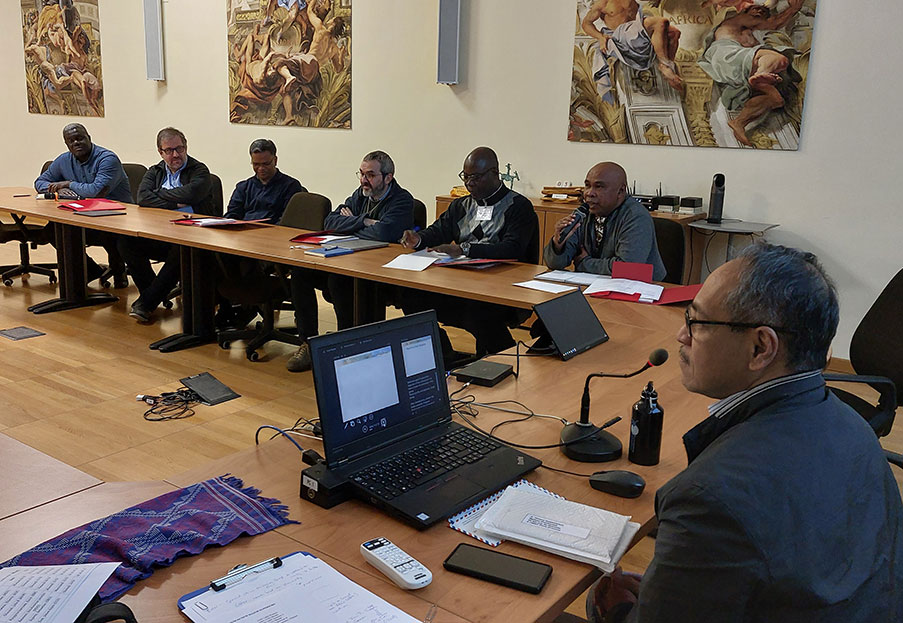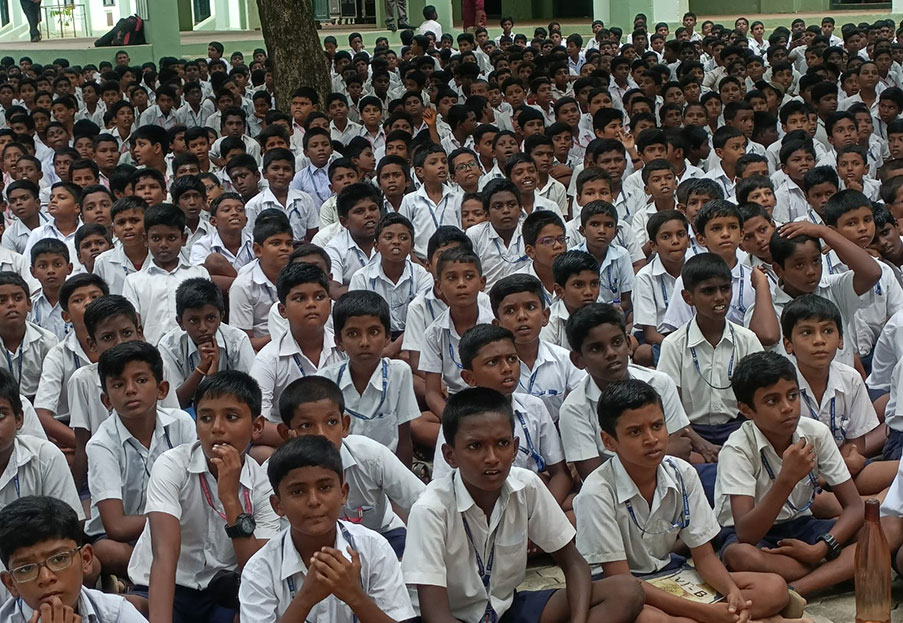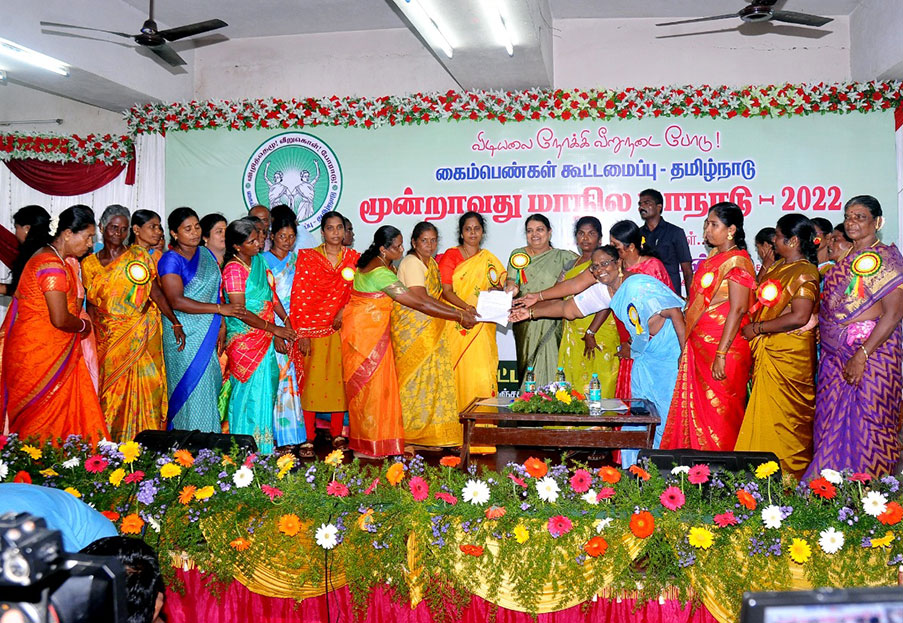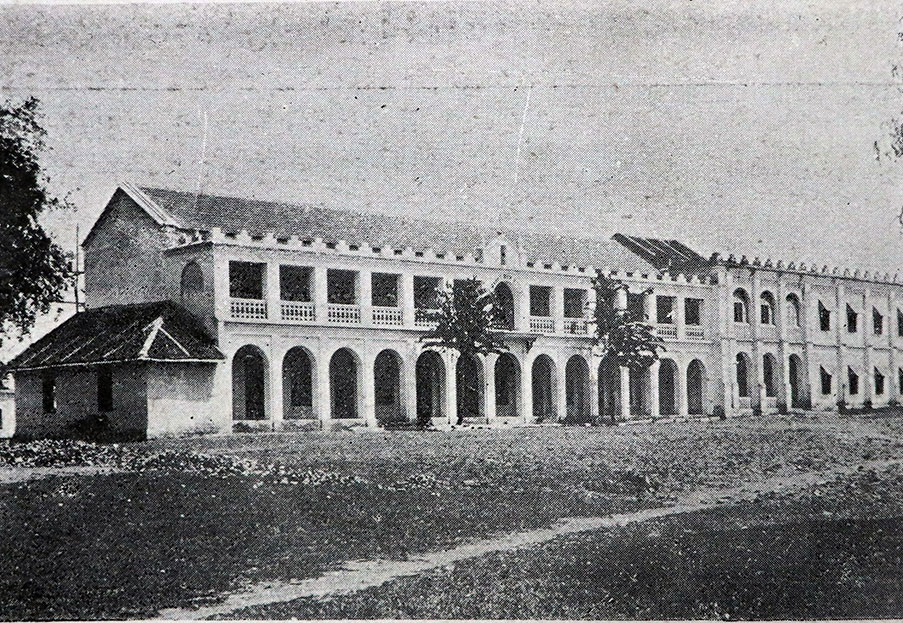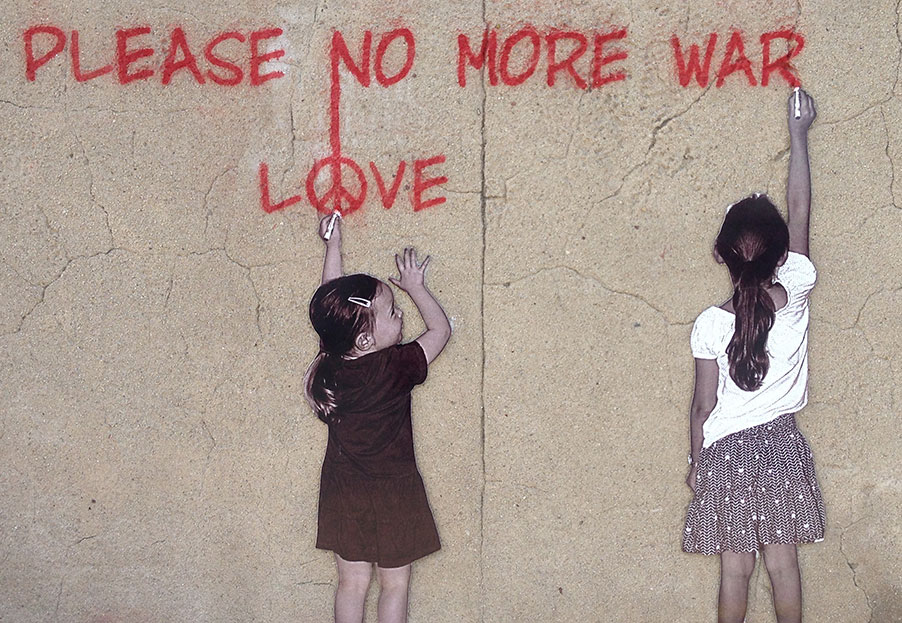COVID, women and peace
Aren’t women better leaders in the global adventure and challenge raised by the COVID-19 pandemic? This is what the reflections offered in the third issue of Pax Lumina suggest. The magazine is published under the responsibility of the Peace and Reconciliation Network of the Jesuit Conference of South Asia (JCSA) by the Loyola Institute of Peace and International Relationsin Kochi, Kerala (India).
In his editorial, Jacob Thomas points out how little women’s lives have changed since the first half of the 20th Century. His reading of the situation in India makes him state that, without intending to simplify what are certainly complex realities, there are obvious divisions that make life easy for some and very difficult for others. Being a woman, he writes, has never been easy and, as the current pandemic strikes, the weakest, the excluded, the poor suffer more. Among these, women represent a high proportion.
Yet female figures have emerged everywhere. They
have shown women’s resilience, their empathy and their hope that things can
change if we know how to tackle the structural causes that undermine or even
tear societies apart. In the spirit of its primary vocation to promote peace, Pax Lumina reminds us that peace is only
possible in an environment where justice prevails. The magazine highlights
situations where people, often women, are suffering during the pandemic. Even
if the primary cause of their suffering is not the COVID-19 itself, the
pandemic provides an opportunity to see, all naked, the injustices that lead to
conflict, violence and war.
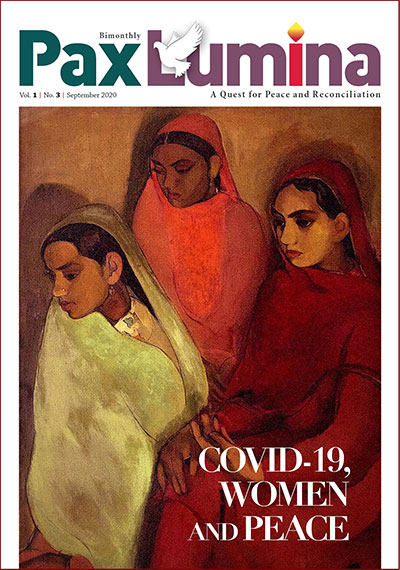
While women are often the first to suffer, they can also be agents of transformation. Among other examples, the interview with internationally renowned Indian filmmaker Nandita Das talks about her film Listen to her (available on YouTube.) This short film is a response to the problem of domestic violence that has increased during the pandemic. In too many cases, women suffer in silence or are not heard. On the other hand, so many women are making a remarkable contribution by keeping families together, on the one hand, but on the other, by being at the forefront of those committed to fighting the disease: nurses, laboratory workers, health workers, social workers.
Pax Lumina highlights examples where women have shown a
supportive leadership in their communities. The magazine goes beyond the
borders of India and talks about the situation of women in Tanzania and the
commitment of nuns to the advancement of children, especially young girls. The
same is true in Nepal, where confinement has led to much violence, including in
government shelters. However, in the municipality of Bumikasthan, in the
western part of the country, the authorities asked a simple woman, who had
volunteered in health crisis situations, to take charge of the municipality's
response to COVID-19. She was overwhelmed by the task and in danger of
contracting the virus, but, she says, she found joy in the eyes of the people
she was helping. She had a strong feeling that she was moving her country in
the right direction.
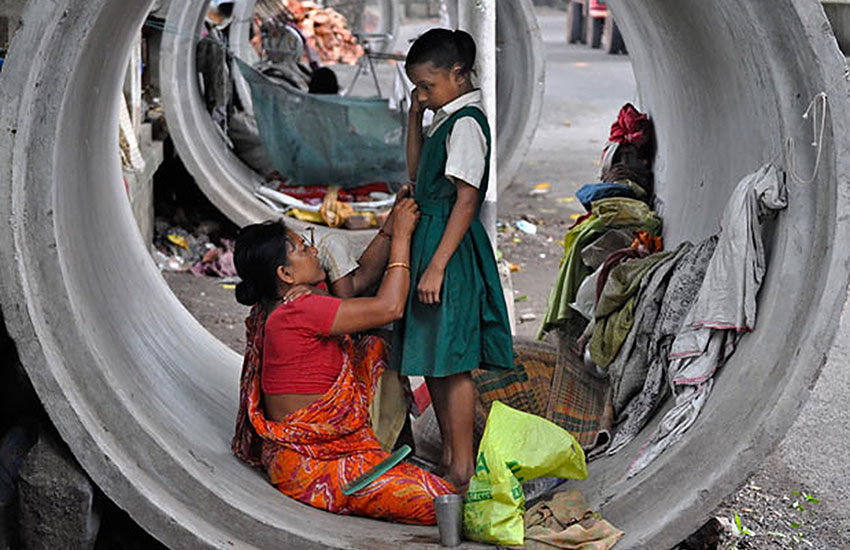
Another article argues that female political leaders around the world have done better than their male peers in the fight against the coronavirus. These include Jacinda Ardern (New Zealand,), Angela Merkel (Germany,) Tsai Ing-wen (Taiwan,) Katrin Jokobsdóttir (Iceland) who acted quickly and to the benefit of the entire population of their respective countries.
In conclusion, it is worthwhile to note that, by
publishing such a portrait giving prominence to women from all walks of life,
the magazine Pax Lumina is doing what
is expected of an organisation of the Society of Jesus. Indeed, since the 34th
General Congregation of 1995, the Jesuits has been committed to supporting the
advancement of women in society and in the Church.


